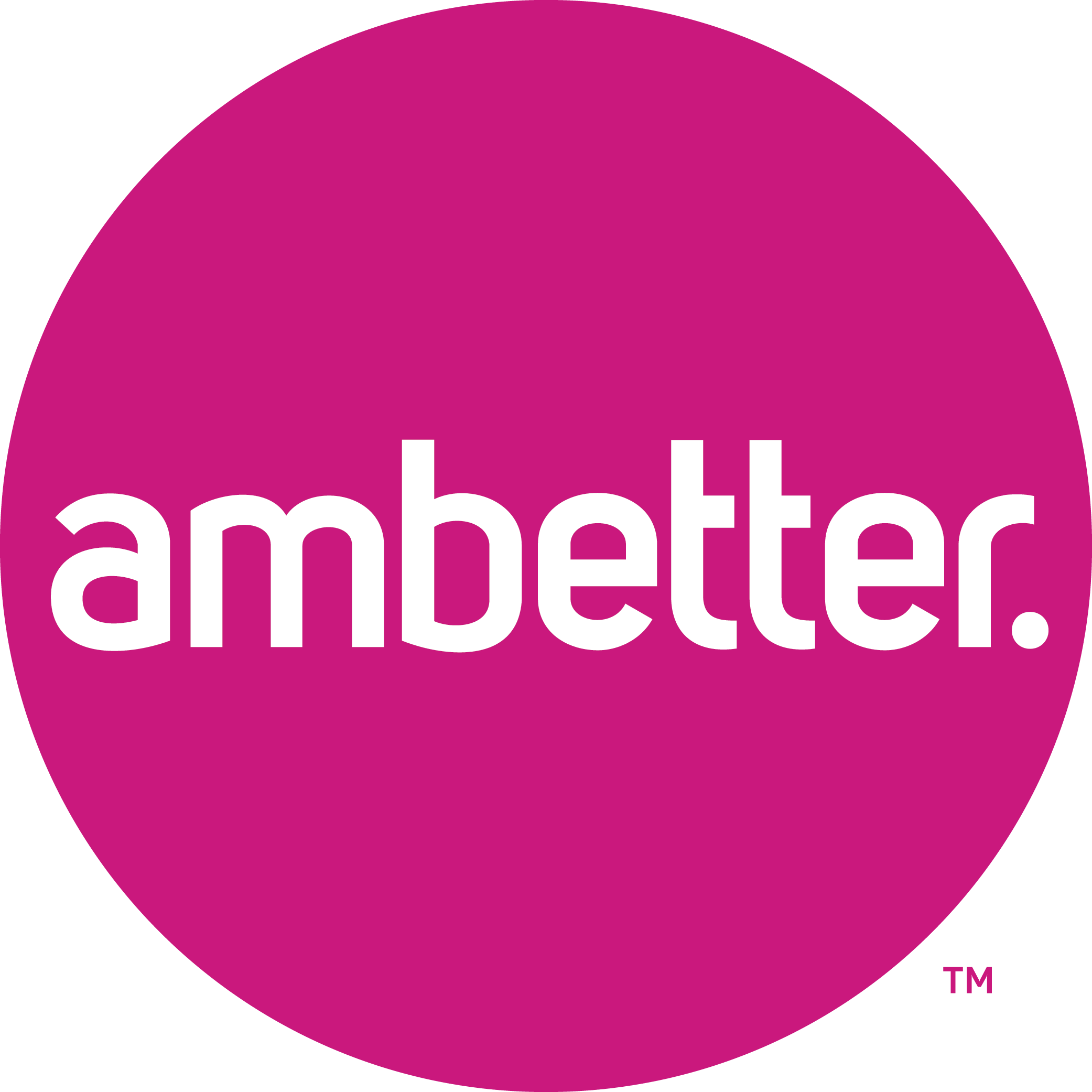If you are in need of intensive mental health support but are not able to commit to a full-time schedule, you might want to consider an intensive outpatient program (IOP) or partial hospitalization program (PHP). In terms of mental health care, IOPs, and PHPs offer a flexible yet thorough approach to helping people with their mental health issues by acting as a halfway house between traditional outpatient therapy and inpatient treatment. These programs at Banyan Treatment Centers Philadelphia offer intensive and structured therapeutic interventions while accommodating the intricacies of everyday life. With a variety of advantages that boost treatment efficacy, our mental health outpatient programs become an invaluable tool for people managing moderate to severe mental health concerns in this setting.

What Is Outpatient Mental Health Treatment?
Outpatient mental health treatment is mental health care given to patients who can live at home while undergoing treatment and do not require round-the-clock supervision. Inpatient or residential mental health care, which involves a patient's prolonged stay in a facility, is contrasted with this kind of treatment.
Key features of mental health outpatient programs include:
- Appointment-Based: Appointments are usually used to schedule outpatient care. At predetermined times, people see mental health providers for medication management, therapy sessions, and other interventions.
- Flexibility: People can receive mental health treatment while continuing with their regular activities, such as going to work or school, thanks to outpatient treatment. For those who come from supportive homes, this may be advantageous.
- Diverse Services: A variety of services, such as medication management, psychoeducation, family therapy, group therapy, and individual therapy, can be included in outpatient mental health treatment.
- Less Restrictive: Outpatient treatment is less constrictive than inpatient care. When receiving therapy and other interventions, people have greater independence and self-determination.
- Continuity of Care: Treatment continuity is encouraged by outpatient care. People can receive long-term treatment from the same mental health providers, developing a therapeutic alliance that enhances their overall health.
Outpatient mental health programs are used to treat conditions such as anxiety, depression, mood disorders, substance abuse, and other mental health issues. The individual's needs, the severity of their condition, and the advice of mental health professionals will determine the precise course of action and level of intensity of treatment. Considering how deeply mental health can affect everyday life, this is an invaluable resource.
It's crucial to remember that outpatient care might not be adequate for people going through severe or urgent mental health crises. More intensive forms of care, like inpatient hospitalization, might be required in certain situations. The decision between inpatient and outpatient care is frequently influenced by the patient's condition, safety concerns, and the quality of support offered by their surroundings.
Inpatient vs. Outpatient Mental Health
In mental health care, the terms "inpatient" and "outpatient" refer to different levels of care and treatment settings. These terms are used to describe where and how individuals receive mental health services. Here's an overview of the key differences between inpatient and outpatient mental health care:
Inpatient Mental Health Care:
- Setting: Inpatient care takes place in a hospital or a specialized psychiatric facility.
- Intensity of Care: Inpatient treatment is more intensive and structured. It is designed for individuals who require 24-hour supervision and support due to the severity of their mental health symptoms.
- Duration of Stay: Patients typically stay in an inpatient facility for a relatively short period, often until their symptoms stabilize and they can safely transition to outpatient care.
- Conditions Treated: Inpatient care is often used for acute mental health crises, severe psychiatric disorders, or when there is a risk of harm to oneself or others.
Outpatient Mental Health Care:
- Setting: Outpatient care occurs in various settings, such as community mental health clinics, private practices, or hospital outpatient departments.
- Intensity of Care: Outpatient treatment is less intensive compared to inpatient/residential care. Individuals attend scheduled appointments while continuing with their daily activities.
- Duration of Treatment: Outpatient programs can be short-term or long-term, depending on the individual's needs and the nature of their mental health concerns.
- Conditions Treated: Outpatient programs are suitable for a wide range of mental health conditions, including mood disorders, anxiety disorders, and other less severe conditions.
Choosing Between Inpatient and Outpatient Care
- The decision between inpatient and outpatient care depends on factors such as the severity of symptoms, the level of risk, and the individual's ability to function independently.
- Inpatient care is often chosen for immediate crisis intervention, stabilization, and intensive treatment.
- Outpatient care is more flexible and allows individuals to receive treatment while maintaining their daily routines.
It's important to note that mental health treatment is highly individualized, and the appropriate level of care varies from person to person. Mental health professionals, including psychiatrists, psychologists, and therapists, work with individuals to determine the most suitable treatment plan based on their specific needs and circumstances.
Our Philadelphia Outpatient Mental Health Services
Banyan Philadelphia's outpatient mental health programs offer a comprehensive and personalized approach to mental health care, catering to the diverse needs of individuals seeking support and healing. Situated in the heart of Philadelphia, Banyan's outpatient services provide a welcoming and supportive environment for those navigating various mental health challenges.
These programs are designed to offer flexibility, allowing individuals to receive high-quality care while maintaining their daily routines. Banyan's team of experienced and compassionate mental health professionals collaborates closely with clients to develop individualized treatment plans, addressing a wide range of conditions from mood disorders to anxiety and beyond.
Through evidence-based therapies, psychoeducation, and therapeutic interventions, our rehab in Pennsylvania is committed to empowering individuals on their journey to improved mental well-being, fostering resilience, and promoting lasting recovery. Below is more on our mental health PHP and IOP.
Intensive Outpatient Program (IOP)
An intensive outpatient program (IOP) for mental health is a structured and comprehensive treatment approach designed to provide more intensive support than traditional outpatient services while allowing individuals to continue living at home. Mental health IOPs are typically recommended for individuals who require a higher level of care than regular outpatient therapy but do not necessitate the 24-hour supervision of an inpatient setting.
These programs are particularly beneficial for those dealing with moderate to severe mental health issues, including:
- Anxiety
- Bipolar disorder
- Depression & Major Depressive Disorder
- Eating Disorders
- Obsessive Compulsive Disorder
- Adjustment & Attachment Disorder
- Post Traumatic Stress Disorder
- Self-Injury & Self-Harming Behaviors
Considering how deeply mental health can affect everyday life, this is an invaluable resource. Our intensive outpatient mental health program often involves a combination of individual therapy, group therapy, psychoeducation, and psychiatric evaluation. The programs are designed to address various aspects of mental health, including emotional regulation, coping skills, interpersonal relationships, and symptom management.
IOP Schedule
The flexible nature of IOPs allows participants to receive intensive treatment during scheduled sessions while still having the flexibility to fulfill daily responsibilities such as work or school. Clients in our IOP for mental health undergo 9 hours of group therapy, in addition to meeting with their therapists weekly for an individual session. For clients who need them, weekly specialty Trauma Sessions may also be offered via Accelerated Resolution Therapy, Trauma Resilience Protocol, and Emotional Management Process. All clients are evaluated by a Psychiatric Nurse Practitioner, with whom clients in IOP follow up monthly or as needed.
Mental Health PHP
A partial hospitalization program (PHP) for mental health is a structured, intensive day treatment option that offers all-encompassing care while enabling patients to go home each evening. Our program provides a supportive environment for individuals who require more than standard outpatient services but do not require round-the-clock supervision.
Our Philadelphia PHP is tailored to address a spectrum of mental health disorders, including but not limited to:
- Depression
- Bipolar disorder
- Anxiety disorders like generalized anxiety and panic disorders
- Trauma-related disorders such as post-traumatic stress disorder (PTSD)
It is a vital bridge between inpatient and traditional outpatient care. We seek to provide clients with the skills required for coping, resilience, and long-term mental wellness by combining evidence-based therapy modalities, psychoeducation, and skill-building activities. This will help clients on the road to recovery and enhance quality of life.
PHP Schedule
Clients receiving PHP mental health services at our Philadelphia rehab center undergo 25 to 30 hours of group therapy, in addition to meeting with their therapists weekly for an individual session. As with our mental health IOP, our PHP also offers specialty Trauma Therapy via Accelerated Resolution Therapy, Trauma Resilience Protocol, and Emotional Management Process. PHP clients also follow up with a Psychiatric Nurse Practitioner weekly.
Finding Outpatient Mental Health Near Me
As a proprietor of mental health, addiction, and eating disorder treatment in Philadelphia, our IOP and PHP are crafted to offer a flexible, comprehensive, and supportive environment for individuals seeking intensive mental health support without the constraints of full-time residency. By joining one of the mental health outpatient programs offered by our rehab in Pennsylvania, you gain access to a community that understands and supports your journey, providing a space for skill-building, personal growth, and the development of effective coping mechanisms. We recognize the unique challenges each faces, and our dedicated team is committed to guiding you through the process of recovery. It's time to prioritize your mental health and take control of your well-being.
Call Banyan Treatment Centers or reach out to us online to learn more about the services offered at our rehabs in Philadelphia and take the first crucial steps toward a healthier and more fulfilling future.
Other Treatment Options
Most Insurance Plans Accepted
Addiction treatment doesn’t need to be out of reach. At our drug rehab in Delaware, our goal is to assist as many people as we can. We accept a variety of insurance plans to help people get the addiction treatment they need. If you do not have health insurance, there are other ways to pay for treatment. Call us today to see if your insurance will cover your treatment program and to talk about alternatives if necessary.















